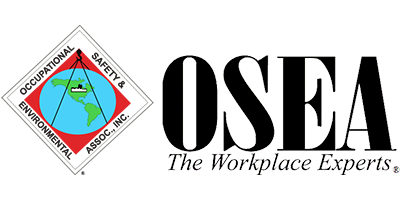Sustainability
Wednesday, July 17, 2019 Ariana Naumovski
Whether we realize it or not, we as individuals impact our world everyday with every action, especially when it comes to the environment. It is everyone’s duty, as we all live on the same planet, to preserve our natural resources for future generations to come. If we each take a small part in being sustainable, the positive effects would be seen on a large scale. Many people think that sustainability is for “tree huggers” or hippies, but what they fail to understand is that sustainability just means that we are satisfying the needs of the present without adversely affecting the conditions for future generations.
The best way to understand sustainability is to understand its components. Sustainability has three main pillars; environmental, social, and economic. The blend of all three pillars is what creates sustainability and what separates it from our past/current progress. This is mainly focused on economic growth and the other extreme of being strictly “green” focused.

The balance of what makes the three pillars sustainable is what makes it feasible and something we can maintain and further grow into. Moving the world to a sustainable future will have remarkable effects on a country’s economy, the world’s quality, and every citizen’s wellbeing. Some low scale benefits of sustainability include:
- Lower operational costs; whether it’s for your business or personal life
- Reduction in greenhouse gas emissions
- Increased efficiency
- Cost savings & tax incentives
- Improved public & personal health
As a nation and a world together, it is our duty to preserve the earth for the species we coexist with, the people we share it with, and the future generations who will inherit it. This can be achieved all while continuing to grow our economy. Many large companies are shifting to sustainable development which is a great start. But every individual can do the same too. We can each make simple changes in our daily lives to help promote sustainability such as:
- Reduce the amount of red meat you eat
- Eat locally grown fruits and vegetables or grow your own
- Donate unwanted items instead of throwing them away
- Shop used
- Recycle; check out this list of items you should be throwing into your recycling bins: https://www.wm.com/thinkgreen/what-can-i-recycle.jsp
- Go for reusable bags versus plastic or paper
- Use “green” household cleaning supplies and detergent
- Carpool, walk, or ride public transportation
- Avoid using pesticides and herbicides
- Buy fair-trade products
You can start your sustainable living journey by evaluating your carbon footprint to see exactly where you can make some effective changes in your lifestyle to support a sustainable world. A carbon footprint is the measure of total emissions caused by an individual expressed as carbon dioxide equivalent. The following link can help you calculate a good estimate as to what your carbon footprint or household’s carbon footprint is (https://www.nature.org/en-us/get-involved/how-to-help/consider-your-impact/carbon-calculator/). You might be surprised to see how you rank with the average American’s carbon footprint.
“Growing concern has been voiced in recent years that unless overconsumption of resources is stopped, modern civilization will collapse just like ancient civilizations that didn’t apply sustainable use of their resources.” Take these tips along with an open mind to create a sustainable life for yourself, family, business, and for future generations to come.
Sources:




